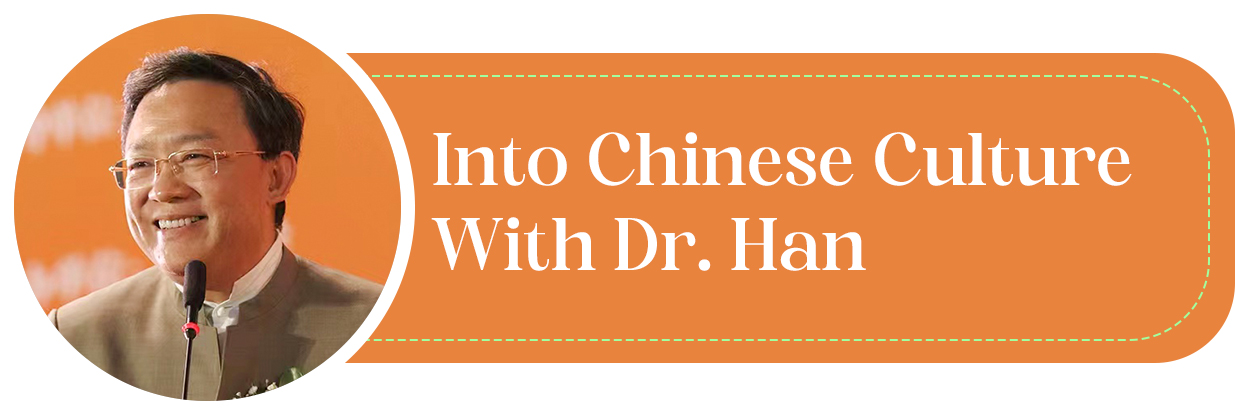Good fortune
Writer: Han Wangxi | Editor: Zhang Chanwen | From: Shenzhen Daily

The popular Beijing opera “The Embroidered Jewelry Pouch” tells a story about how one’s fortune comes. Xue Xiangling, from a wealthy family in Dengzhou in the Qing Dynasty (1644-1911), is about to get married and her mother prepares a silk pouch filled with treasures such as coral and pearls as her dowry.
On the way to the wedding, she takes shelter from a heavy rain in the Spring and Autumn Pavilion and hears someone crying. It is another bride, Zhao Shouzhen, who is crying because her family is too poor to prepare a dowry and her palanquin is also very simple. Xue, although coming from a well-off family, is very kind-hearted and can’t bear to see people crying, so she asks her maid to give her pouch to Zhao. The maid objects, saying that it is prepared by Xue’s mother and that they can’t give the coral and pearls to other people.
Xue replies generously, “A pouch is not worth mentioning; it’s more valuable than a fine jade for rescuing someone from hunger and thirst.” Sitting behind the curtain of her palanquin, Xue gives her pouch full of treasures to Zhao without revealing her name, and the two brides say goodbye to each other.
These two ladies whose paths cross on the day of their wedding then have their own turns of fate. Several years later, when Xue returns to her maternal home, she finds her family members have been scattered after a flood and she ends up in Laizhou. Hungry and cold, she fortunately meets an old family servant surnamed Hu who tells her that the son of the Lu family is quite naughty and they need a servant urgently. With no choice, Xue becomes a servant in the Lu residence.
One day, when the naughty boy is playing, he kicks a ball to the pavilion in the eastern corner. Xue has to go inside the pavilion to look for the ball although she is not permitted to enter. Without seeing the ball, she instead discovers the pouch that she has given to Zhao at the Spring and Autumn Pavilion many years ago. Overwhelmed with emotions, she bursts into tears.
It turns out that the Lu family’s hostess is Zhao who had wept bitterly at the Spring and Autumn Pavilion in the past. Zhao immediately recognizes that the maid in front of her is the benefactor who generously gave her the pouch all those years ago, so she treats Xue with the utmost respect.
The story teaches us that everything that happens in life is the result of what we have sowed in the past. Good deeds will bring good rewards, while bad deeds will bring bad results.
(The author is a cultural scholar.)
(Translated by Cao Zhen)